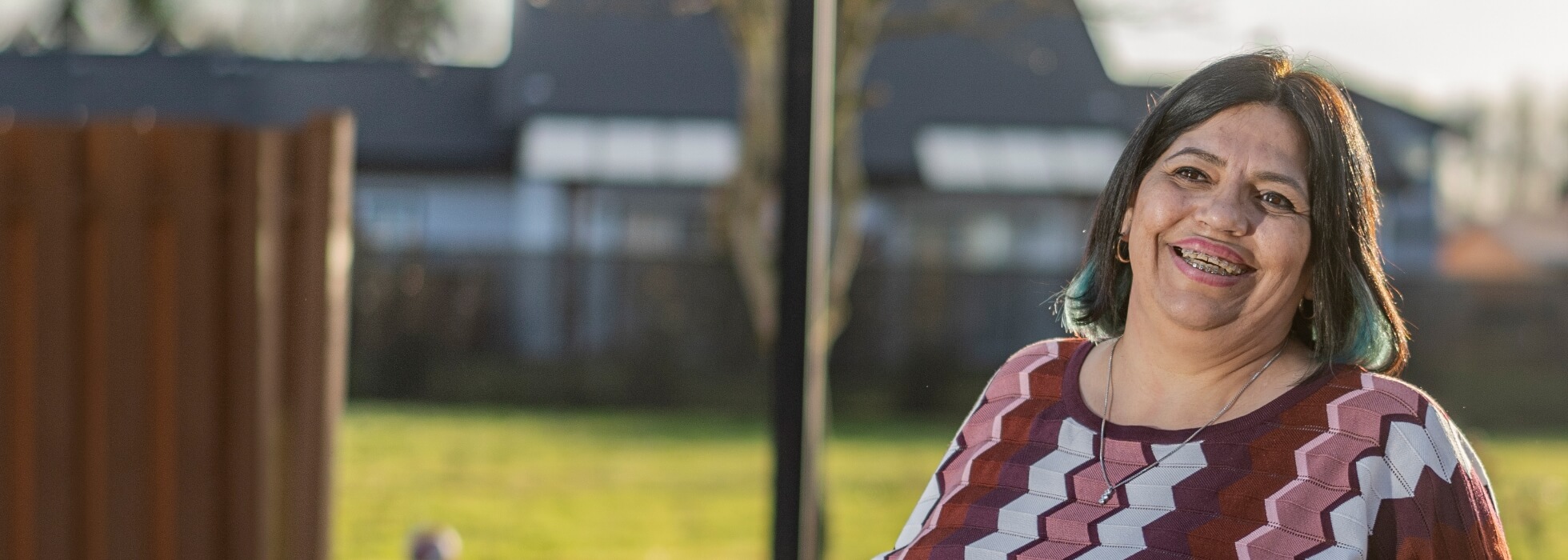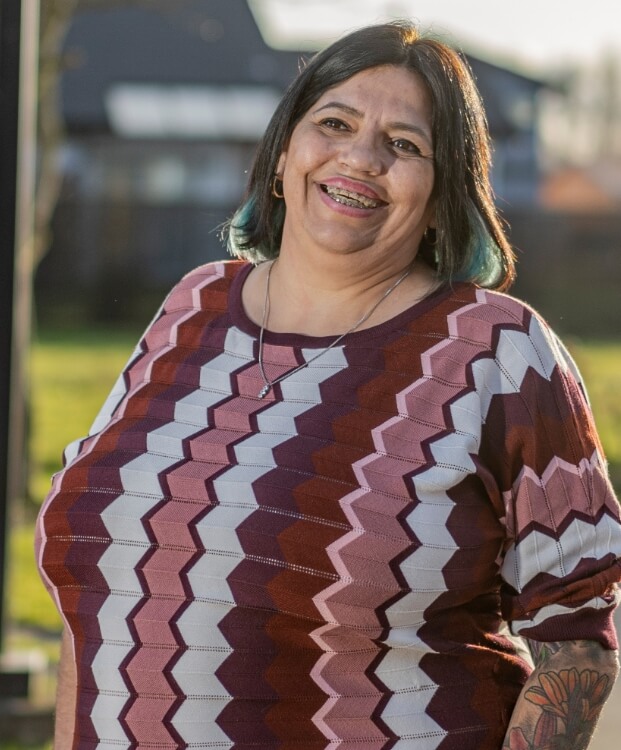Recovery
After three decades of addiction, Eva James’ ongoing recovery is a 24-hour project. “I have to take care of it every day,” she says.
At the same time, she’s helping others in their recovery. Now working as a substance use disorder professional with the Muckleshoot Indian Tribe, Eva is grateful fentanyl wasn’t on the streets when she was using drugs. It’s taken the lives of her own relatives and others around her.
“Fentanyl is a lot to handle. It’s more than I can do myself,” Eva says. “But as long as I can stay clean and sober today, I’m part of the solution.”
Treatment and recovery are connected but not the same. Treatment refers to programs such as medications for opioid-use disorder and healing practices that complement them. Recovery refers to the lifelong process of getting and staying sober. Like many tribes in Washington, the Muckleshoot Indian Tribe offers support for both treatment and recovery.
Eva works at the Muckleshoot Recovery House, where she used to live. She helps support residents as they navigate the first steps of their lives after active addiction.
“The program helps you find a recovery family,” she says.
For her, recovery lets her follow her calling: “I get to sit and watch tribal members like me — not just clients, but our community — get better. It’s a blessing.”
Working at recovery
After three decades of addiction, Eva James’ ongoing recovery is a 24-hour project. “I have to take care of it every day,” she says.
At the same time, she’s helping others in their recovery. Now working as a substance use disorder professional with the Muckleshoot Indian Tribe, Eva is grateful fentanyl wasn’t on the streets when she was using drugs. It’s taken the lives of her own relatives and others around her.
“Fentanyl is a lot to handle. It’s more than I can do myself,” Eva says. “But as long as I can stay clean and sober today, I’m part of the solution.”
Treatment and recovery are connected but not the same. Treatment refers to programs such as medications for opioid-use disorder and healing practices that complement them. Recovery refers to the lifelong process of getting and staying sober. Like many tribes in Washington, the Muckleshoot Indian Tribe offers support for both treatment and recovery.
Eva works at the Muckleshoot Recovery House, where she used to live. She helps support residents as they navigate the first steps of their lives after active addiction.
“The program helps you find a recovery family,” she says.
For her, recovery lets her follow her calling: “I get to sit and watch tribal members like me — not just clients, but our community — get better. It’s a blessing.”
Working at recovery
People in recovery are changing their lives. They’re working to be healthy. They’re working to live in safe and stable homes. They’re working to find purpose and build loving relationships and supportive community.
It’s a lot of work, and it can take a while. Asking for support as we recover from drug dependence and addiction shows humility and courage. Those are qualities we honor and respect.
Many Native people find that recovery programs that include Indigenous healing practices and traditional activities help make them more resilient. To find a community-based program that works for you:
- Talk to your tribal behavioral health or medical center.
- Call the Native Resource Hub at (866) 491-1683.
- Call the Washington Recovery Help Line at (866) 789-1511.
People in recovery are changing their lives. They’re working to be healthy. They’re working to live in safe and stable homes. They’re working to find purpose and build loving relationships and supportive community.
It’s a lot of work, and it can take a while. Asking for support as we recover from drug dependence and addiction shows humility and courage. Those are qualities we honor and respect.
Many Native people find that recovery programs that include Indigenous healing practices and traditional activities help make them more resilient. To find a community-based program that works for you:
- Talk to your tribal behavioral health or medical center.
- Call the Native Resource Hub at (866) 491-1683.
- Call the Washington Recovery Help Line at (866) 789-1511.
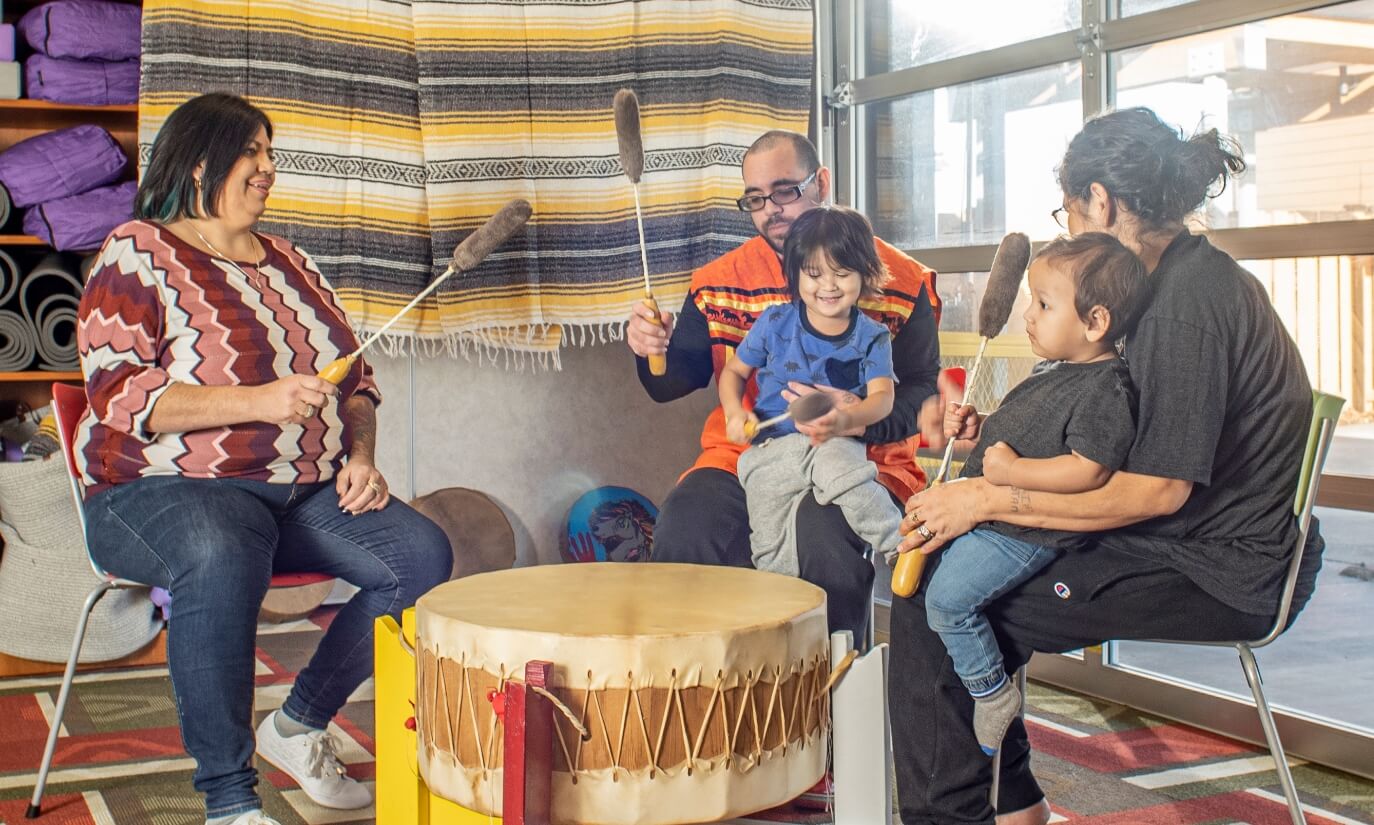
Native people become more resilient through connection and cultural identity. We heal and thrive when we are connected to our families, tribes, and world.
- Do activities that feel good for your body and spirit. Make connections with your people, surroundings, and culture. For some of us, sharing meals makes us feel connected. For others, it’s dancing or canoe-making or basketball.
- Find ways to nurture hope. Hope means knowing there are other options, even when your mind tricks you into believing you’ve tried everything. Find hope by connecting with others and learning from their experiences. Spend time with others in recovery or with elders. Listening to their stories can remind us of all we have overcome and of our strength as Indigenous people.
- Ask for support. Trusted professional and community support can help us get through hard times. It takes courage to ask for help and connect with someone who can sit with you, listen to you, and empathize.
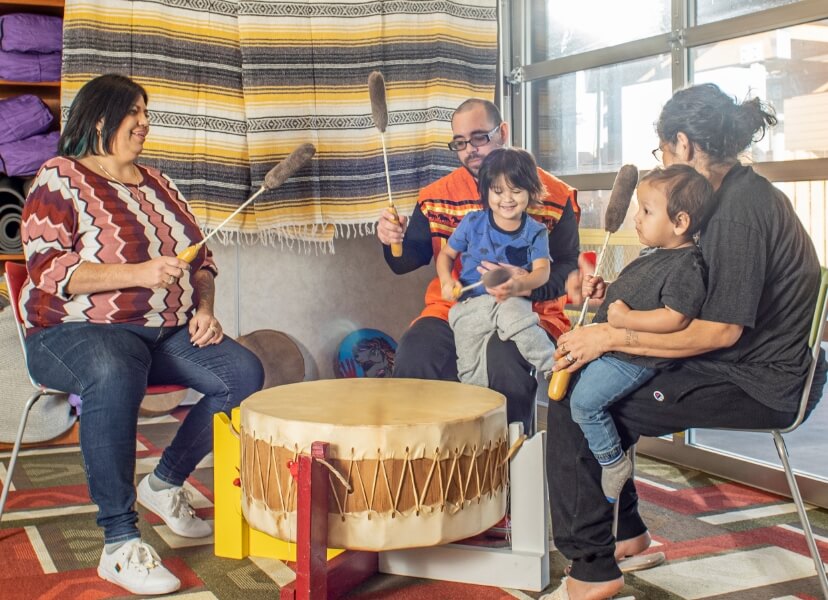
Native people become more resilient through connection and cultural identity. We heal and thrive when we are connected to our families, tribes, and world.
- Do activities that feel good for your body and spirit. Make connections with your people, surroundings, and culture. For some of us, sharing meals makes us feel connected. For others, it’s dancing or canoe-making or basketball.
- Find ways to nurture hope. Hope means knowing there are other options, even when your mind tricks you into believing you’ve tried everything. Find hope by connecting with others and learning from their experiences. Spend time with others in recovery or with elders. Listening to their stories can remind us of all we have overcome and of our strength as Indigenous people.
- Ask for support. Trusted professional and community support can help us get through hard times. It takes courage to ask for help and connect with someone who can sit with you, listen to you, and empathize.
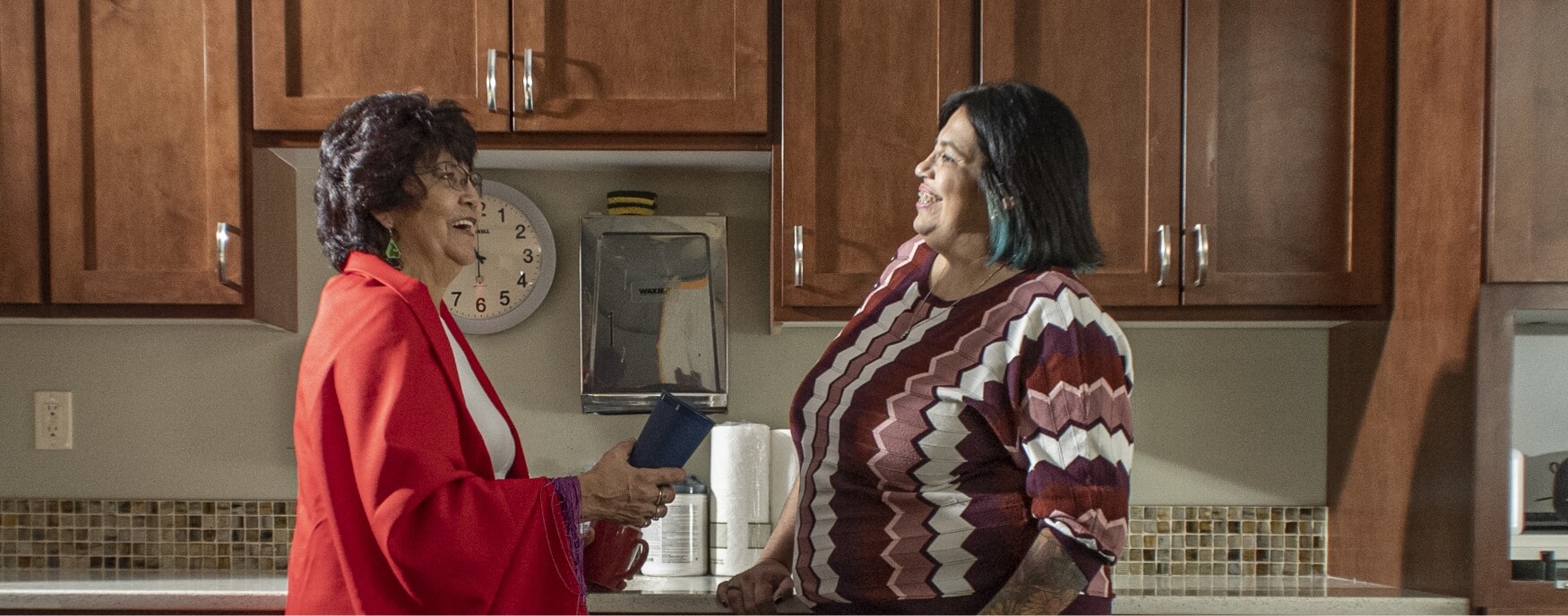
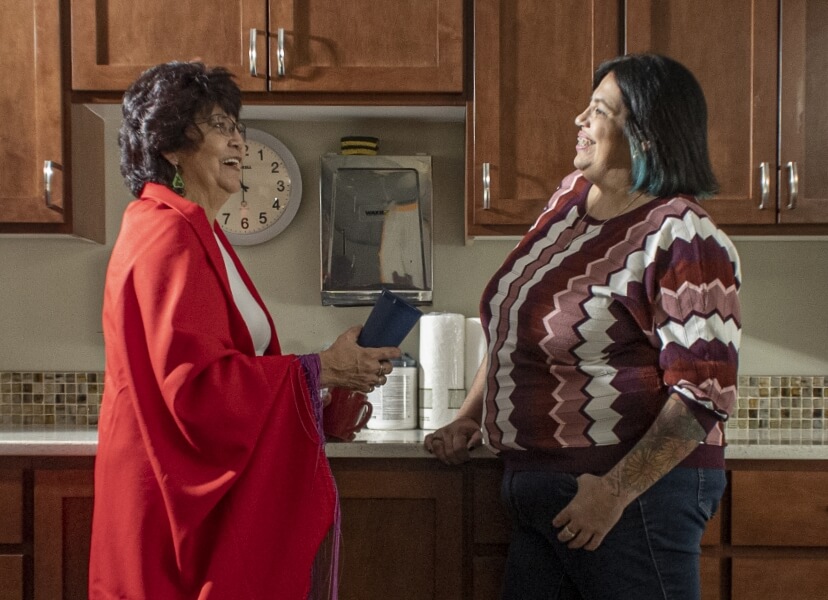
Drug use touches every member of a family, even if individuals react differently. Children, parents, and siblings of people in recovery can learn to support their loved ones — but also to support themselves.
The trauma of addiction can compound other trauma, and everyone who is affected deserves support and healing. To find culturally grounded counseling and other programs for families:
- Talk to your tribal behavioral health or medical center.
- Call the Hub at (866) 491-1683.
- Call the Washington Recovery Help Line at (866) 789-1511.
Drug use touches every member of a family, even if individuals react differently. Children, parents, and siblings of people in recovery can learn to support their loved ones — but also to support themselves.
The trauma of addiction can compound other trauma, and everyone who is affected deserves support and healing. To find culturally grounded counseling and other programs for families:
- Talk to your tribal behavioral health or medical center.
- Call the Hub at (866) 491-1683.
- Call the Washington Recovery Help Line at (866) 789-1511.
